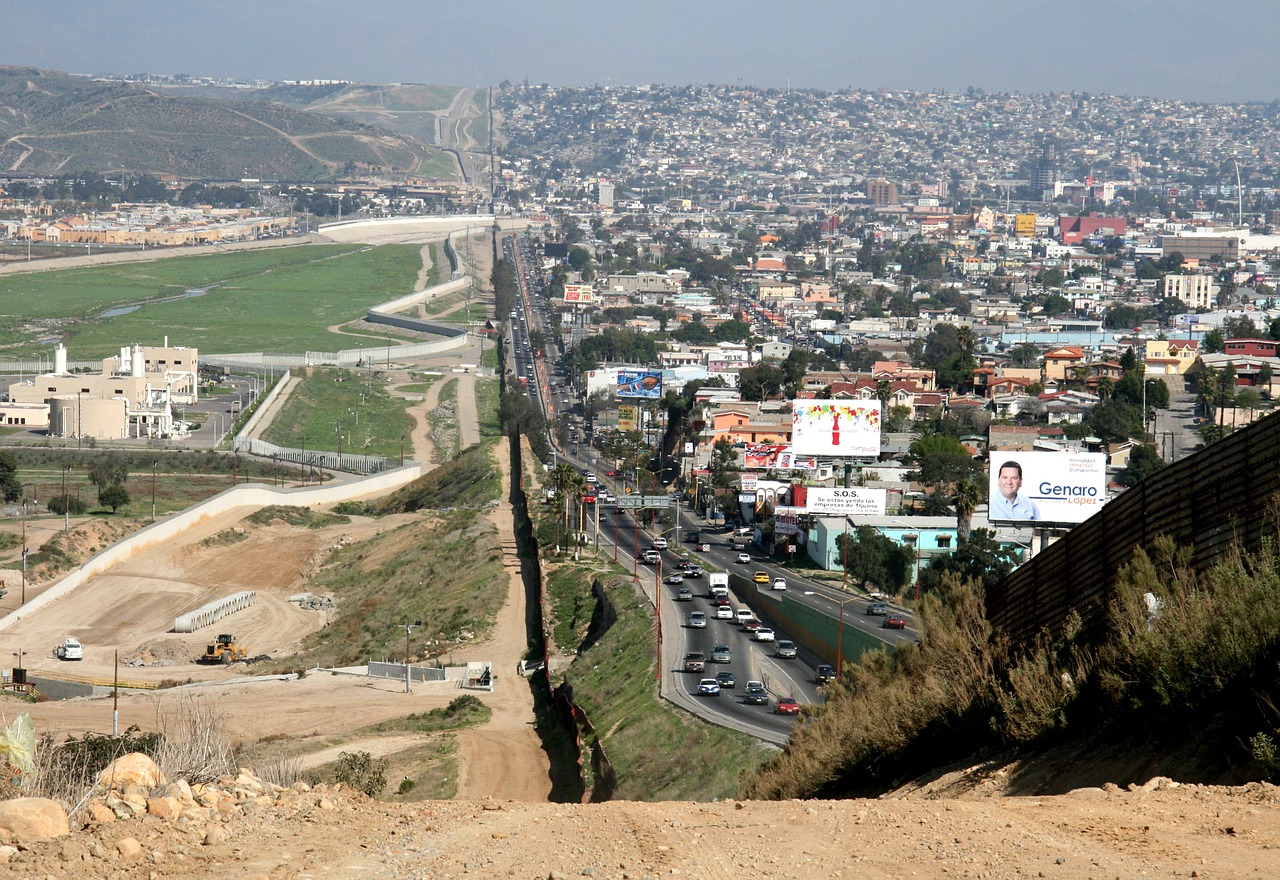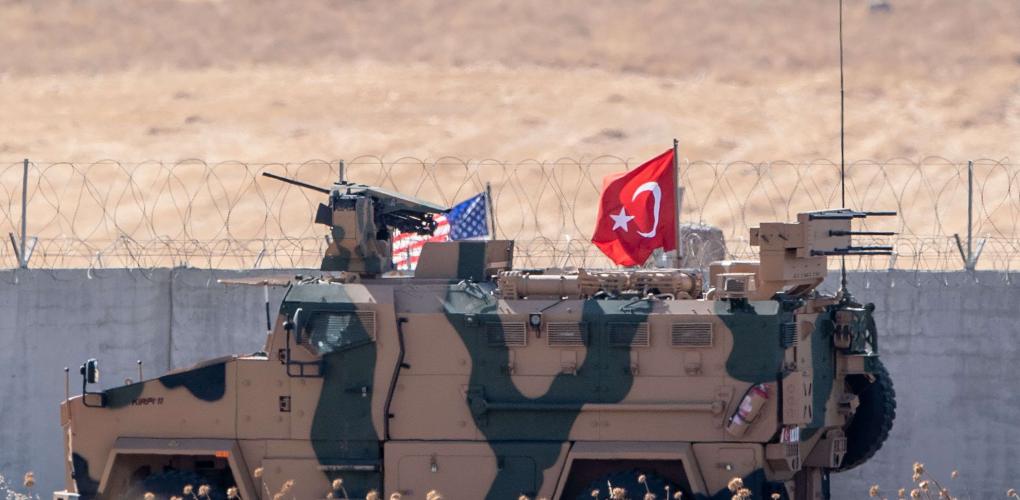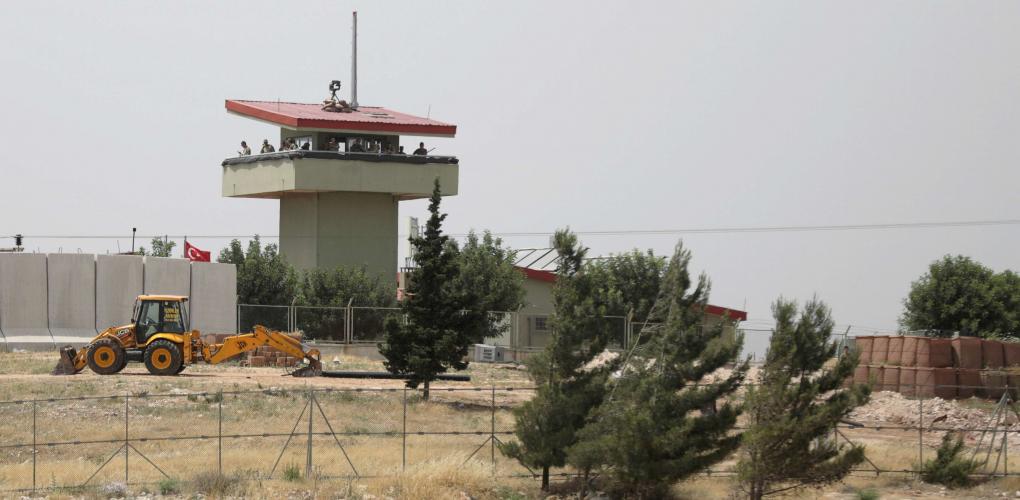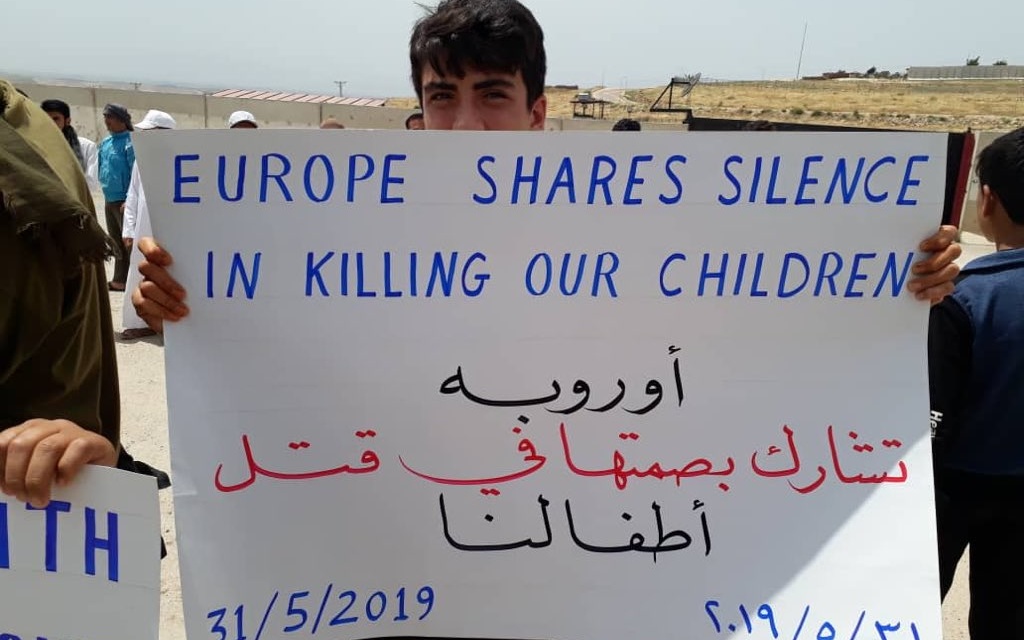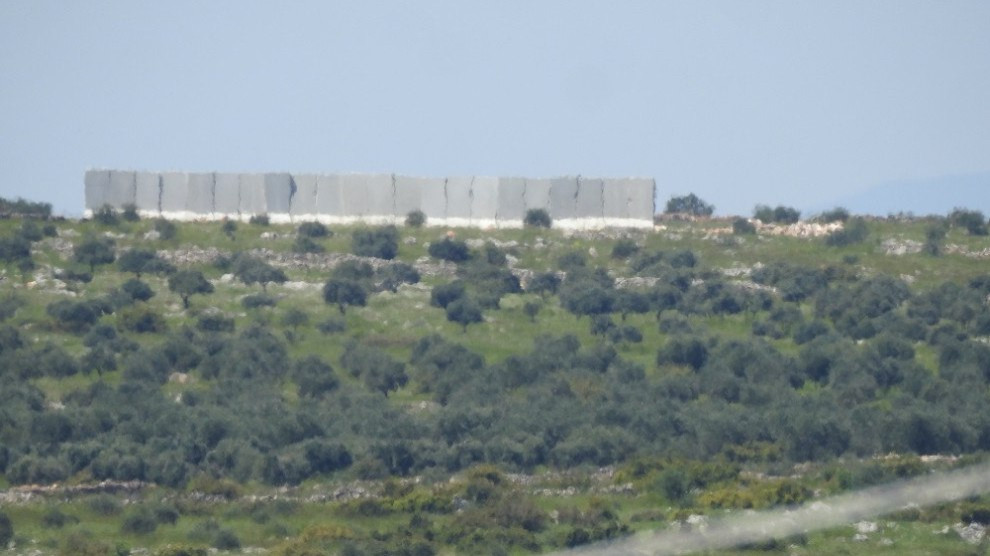
Trump complicit in Delhi pogrom
At least 27 are dead in days of communal violence in Delhi that coincided with Donald Trump’s first visit to India as president. The violence began as protests against India’s new citizenship law sparked a reaction by Hindu militants, who began attacking Muslims and torching Muslim-owned shops. Delhi judicial authorities have opened an investigation, and ordered police officials to view video clips of incitement by local leaders of the ruling Hindu-nationalist Bharatiya Janata Party (BJP). The violence, centered in the district of Maujpur, was raging as Trump was meeting with Prime Minister Narendra Modi, praising him at a press conference afterwards as “working very hard on religious freedom.” (Image: Sowmya Reddy)



